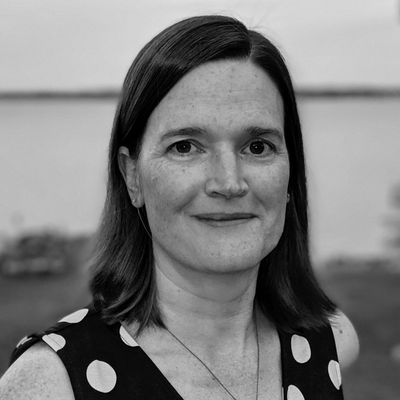 ISTOCK, VRABELPETER1With all the drama and press coverage of Nobel week, you’d hardly know that it’s not the only game in town for recognizing major discoveries in life sciences. In fact, it’s not even the biggest in terms of a cash prize. Other heavyweights in this realm include:
ISTOCK, VRABELPETER1With all the drama and press coverage of Nobel week, you’d hardly know that it’s not the only game in town for recognizing major discoveries in life sciences. In fact, it’s not even the biggest in terms of a cash prize. Other heavyweights in this realm include:
Canada Gairdner Award: This $100,000 prize, founded in 1957, goes to seven biomedical or global health researchers each year. It’s nicknamed the “baby Nobels” because 87 of its awardees have gone on to win the real thing. This year’s Gairdner Awards went to Akira Endo of Biopharm Research Laboratories, Antoine Hakim of the University of Ottawa, Cesar Victora of the Federal University of Pelotas in Brazil, David Julius of the University of California, San Francisco, Huda Zoghbi of Texas Children’s Hospital, Lewis Kay of the University of Toronto, and Rino Rappuoli of GSK Vaccines.
Fresenius Research Prize: This mammoth...
The Laskers: Begun in 1945, the Laskers are arguably the second-most prestigious prize in biomedicine; they’re often used to try to predict Nobel winners, given that the majority of Lasker winners go on to become Nobel laureates. There are four categories: the Albert Lasker Basic Medical Research Award, the Lasker~DeBakey Clinical Medical Research Award, the Lasker~Koshland Special Achievement Award in Medical Science, and the Lasker~Bloomberg Public Service Award. Winners in each category share a $250,000 honorarium.
This year, the basic research award went to Michael Hall of the Biozentrum University of Basel “[f]or discoveries concerning the nutrient-activated TOR proteins and their central role in the metabolic control of cell growth.” Douglas R. Lowy and John T. Schiller, both of the National Cancer Institute, won the clinical prize for their work leading to a vaccine against human papilloma virus, which causes cervical and other cancers. Planned Parenthood won the public service award for providing “essential health services and reproductive care,” and no special achievement award was given.
Life Sciences Breakthrough Prize: Begun in 2013 by Silicon Valley billionaires, this $3 million award honors “transformative advances toward understanding living systems and extending human life.” Its 2016 awardees were Stephen Elledge of Harvard Medical School, the University of California, Santa Cruz’s Harry Noller, Roeland Nusse of Stanford University, Yoshinori Ohsumi of Tokyo Institute of Technology, and Huda Zoghbi of Baylor College of Medicine.
MacArthur Fellowships: These five-year, $625,000 grants are perhaps best known for supporting people working in the humanities, but the “MacArthur geniuses” can be scientists, too. Those in the most recent, 23-fellow cohort include microbiologist Dianne Newman, geobiologist Victoria Orphan, physical biologist Manu Prakash, bioengineer Rebecca Richards-Kortum, computer scientist Bill Thies, and synthetic chemist Jin-Quan Yu.
Tang Prize: Biopharmaceutical science is one of the four fields recognized by this award, which was started in 2012 by Taiwanese billionaire Samuel Yin. The prizes, totalling $50 million Taiwanese dollars (about $1.7 million US dollars), are given every two years. The 2016 winners in the biopharmaceutical science category were Emmanuelle Charpentier of the Max Planck Institute for Infection Biology, Jennifer Doudna of the University of California, Berkeley, and Feng Zhang of MIT for their development of the CRISPR-Cas9 gene-editing technique.
Interested in reading more?





